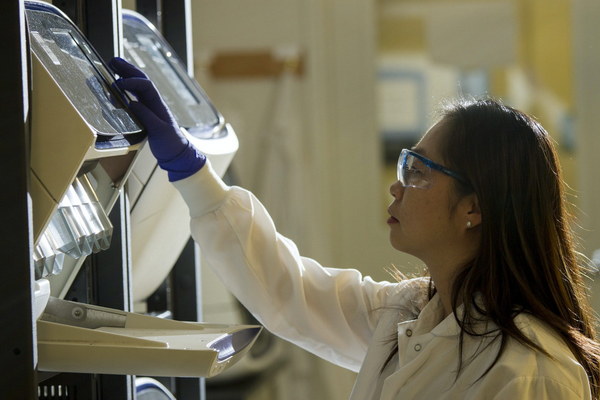Nurturing the Lungs and Liver Dietary Tips for Caring for a Baby with Birth Defects
Introduction:
The journey of raising a baby with birth defects can be both challenging and rewarding. Proper nutrition plays a crucial role in supporting the health of these delicate little ones, especially in terms of nurturing their lungs and liver. This article provides a comprehensive guide to dietary choices that can help maintain the well-being of infants with birth defects, focusing on foods that are beneficial for lung and liver health.
Body:
1. Introduction to the Importance of Nutrition
Nutrition is the foundation of health for any individual, but it is particularly vital for babies with birth defects. These children often have unique nutritional needs that must be carefully addressed to support their overall development and reduce the risk of complications.
2. Foods that Support Lung Health
a. Vitamin C: Citrus fruits, strawberries, and bell peppers are rich in vitamin C, which is essential for the immune system and can help protect against respiratory infections.
b. Omega-3 Fatty Acids: Found in fatty fish like salmon, mackerel, and sardines, omega-3s are crucial for lung development and can reduce inflammation.
c. Antioxidants: Berries, dark leafy greens, and nuts are packed with antioxidants that can help protect the lungs from oxidative stress.
3. Foods that Support Liver Health
a. Fruits and Vegetables: High-fiber fruits and vegetables like apples, pears, carrots, and spinach can help with digestion and support liver function.
b. Garlic: Garlic contains sulfur compounds that can aid in detoxification and support liver health.
c. Turmeric: This spice contains curcumin, which has anti-inflammatory properties and can help protect the liver.
4. Hydration
Proper hydration is essential for maintaining lung and liver health. Encourage your baby to drink plenty of fluids, such as breast milk or formula, and introduce water gradually if appropriate.
5. Special Considerations for Babies with Birth Defects
a. Malabsorption: Some babies with birth defects may have difficulty absorbing nutrients. In such cases, a pediatrician may recommend specialized formulas or supplements.
b. Allergies: Be mindful of any food allergies your baby may have, as they can exacerbate respiratory or liver issues. Consult with a healthcare provider before introducing new foods.
6. Balanced Diet

Ensure that your baby's diet is balanced and includes a variety of nutrients. This includes:
a. Protein: Lean meats, poultry, fish, eggs, and dairy products are good sources of protein for muscle development and repair.
b. Carbohydrates: Whole grains, legumes, and fruits provide energy and fiber.
c. Fats: Healthy fats, such as those found in avocados, nuts, and seeds, are essential for brain development and overall health.
Conclusion:
Caring for a baby with birth defects requires a careful and thoughtful approach to nutrition. By focusing on foods that support lung and liver health, you can help ensure that your child receives the nutrients necessary for optimal growth and development. Always consult with a healthcare provider before making significant changes to your baby's diet, and remember that each child's nutritional needs may vary. With the right support and attention, you can help your little one thrive.









